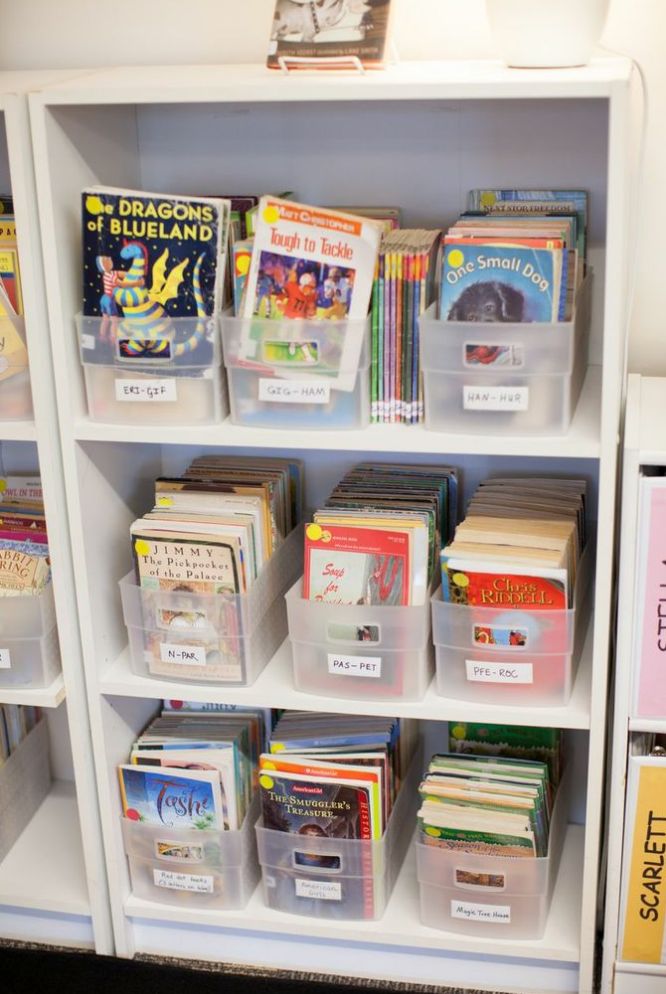Trish Prentice
September 2, 2011
Tomorrow my husband and I are leaving for the beach. This trip is a needed respite from my extensive summer to-do list. Today was spent running errands to prepare for being away for a few days. Mystery books to read...check. Groceries...check. Sun screen...check. Bathing suit...ah...that's a problem. How I hate wearing a swimsuit! As a child, I lived across the street from a city park with a pool. I spent each day, all day, wearing a swimsuit. But as I've grown older and wider, I don't find the same joy in swimsuit shopping I once did. In fact, I avoid swimming because I don't like the attire. But since the beach is a four-hour trip from home, surely I won't run into anybody I know. Maybe I could take the plunge, literally, put on a swimsuit and enjoy the water.

Off to the store to have a look at what's available in swimsuits these days. Maybe one with gathers around the middle or a whisper of a skirt would work. As I walk down the aisle, I see a 50% off swimwear sign. Perfect! At least I don't have to pay full price for a slice of humiliation. Better yet, there are lots of suits left to look through. Surely there's something here that will work. As I thumb through the rack, I see plenty of size 2, 4, 6, and a couple of 8's. There are none in my size, not one! (No, I'm not telling my size.) My overwhelming thought was...women who wear these sizes look good in anything! Why do they need so many swimsuits to choose from? Where's my size? All gone. Bummer!
As I'm driving home feeling sorry for myself, it suddenly strikes me...could it be that the frustration I feel is similar to what struggling readers experience when they go shopping for books in class? "These books are all too hard. Looks good, but I can't read it. Everybody else seems to be able to read. What's the point, these don't fit. There's nothing here for me. I can't read. I give up." Sobering thoughts indeed.
Do our classroom libraries contain enough "sizes" of books for everyone? Most teachers collect books at their grade level. Plus, it's exciting to add books for the children that are ahead of the game. But what about the "hard-to-fit sizes." Do we have enjoyable books for them? Is there a sufficient amount to provide choice and variety?
I began thinking about what we can do to promote "good fit" books for this precarious group of children:
- Get to know your struggling reader's preferences immediately! Work on these children first. Talk with them, question their parents, ask last year's teacher. Watch and listen. We know that children will show more enthusiasm for reading books about topics that are important to them.
- Check with teachers in different grades for book recommendations at the levels you do need. Maybe they will even share.
- Book Divide. Each teacher on a team provides an agreed upon number of books targeted for the reluctant reader. Mark the spine of each teacher's selection of books with a different color of electrical tape. Every class gets a turn with each color for a specified time. Make note of the popular books; they may be ones you want to obtain permanently for your classroom.
- Intentionally spend your "school supply budget monies" for one year on gathering quality books for struggling readers. As long as you teach you will have challenged readers in every class. The books will not go unused.
- Redeem all your book club points on books for specific students. If you are a new teacher just building your classroom library, this may be hard to do. Just try to make sure every third or fourth book you acquire is a book for a struggling reader.
- Talk with parents. They might be willing to purchase books for their child to have "just right" choices. Give them a list of book titles to choose from.
- Allow students to bring familiar books from home to add to their book boxes.
- Look for those fabulous books that contain few words but are packed with meaning. Be sure to include those in your read-aloud selections. Discuss the idea that a book filled with words does not necessarily mean it is a "harder" book to read. It's the ideas in a book that determine complexity, not the number of words. Now that's a good lesson for everyone, parents too.
- Get your librarian involved. They won't be able to resist a plea to match a child and a book.
As an adult, I don't often put myself in a situation where I know I'm likely to be unsuccessful. That's why my last swimsuit is well over ten years old. Yet think of the discouraged reader who has to face book choice week after week. If you never find a book that fits, or one you like, you'll avoid reading altogether as soon as you can. I won't let that happen in my class. Matching a child to a book may be my most important task as a teacher. I want my students reading for a lifetime. That's more important than swimsuits any day!





